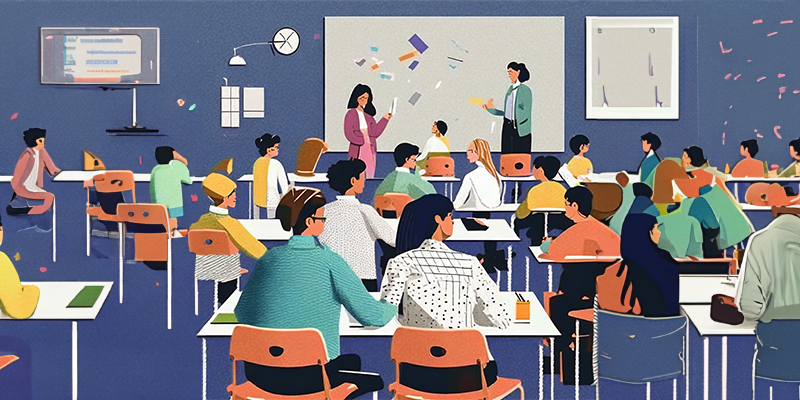In today’s fast-paced and ever-changing world, critical thinking skills are more important than ever. With the rise of fake news, misinformation, and propaganda, it is crucial that individuals are able to analyze information critically and make informed decisions. UNESCO’s media literacy training offers a unique opportunity to enhance these skills and empower individuals to navigate the complex landscape of modern media. In this blog post, we will explore how UNESCO’s training can help you sharpen your critical thinking skills and become a more discerning consumer of information.
What is UNESCO?
UNESCO, which stands for United Nations Educational, Scientific and Cultural Organization, is a specialized agency of the United Nations that focuses on promoting peace and security through education, science, culture and communication. It was founded in 1945 with the aim of building bridges between nations through collaboration in these four fields.
Why Media Literacy is Important in Today’s Society
In today’s society, media plays a crucial role in shaping our thoughts, beliefs, and actions. With the rise of social media and digital platforms, information is constantly bombarding us from all directions. This makes it more important than ever to develop strong critical thinking skills in order to navigate through this overwhelming amount of information.
Conclusion: The Impact of Media Literacy
Media literacy training has a significant impact on enhancing critical thinking skills among individuals. Through UNESCO’s Media and Information Literacy (MIL) program, participants are equipped with the necessary skills to navigate the complex media landscape and make informed decisions.
Firstly, media literacy helps individuals develop a critical mindset towards the constant influx of information from various sources. With the rise of digital media, it is crucial to have the ability to analyze and evaluate information critically. Through MIL training, participants learn how to identify biased or misleading content and separate facts from opinions.
Moreover, media literacy training also promotes active citizenship by encouraging individuals to engage in social and political issues thoughtfully. By understanding how media messages can influence public opinion, people can become more aware consumers of information and actively participate in discussions that affect their communities.
Furthermore, MIL training also equips individuals with the necessary tools for responsible consumption of media content. In today’s world where fake news and misinformation are prevalent, it is essential to verify information before sharing it with others. With proper media literacy skills, individuals can fact-check information and avoid spreading false narratives.
Media literacy also plays a crucial role in promoting diversity and inclusivity. By providing a platform for diverse voices and perspectives, MIL allows for a more comprehensive understanding of global issues and cultures. This leads to a more tolerant society where different viewpoints are respected.
Additionally, through MIL training, individuals also develop digital citizenship skills such as online safety and privacy protection. As technology continues to advance rapidly, it is vital for people to understand how their personal data is being used online.
UNESCO’s Media Literacy Training has a profound impact on enhancing critical thinking skills among participants. It not only empowers individuals to become critical consumers of information but also prepares them for active participation in society as responsible citizens. As we continue to live in an increasingly digital age where media plays a significant role in shaping public opinion, media literacy training has never been more crucial. It enables individuals to navigate the complex media landscape and make informed decisions that contribute to a more informed and inclusive society.
